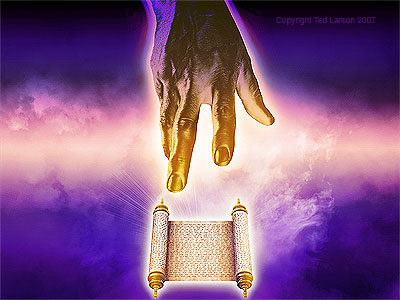
“Surely I am coming quickly.” Amen. Even so,
come, Lord Jesus! (Revelation 22:20)
Tonight, around a million
people will crowd into Time’s Square in New York City. The ball will begin its descent on the
final sixty-second countdown to the New Year.
10-9-8-7-6-5-4-3-2-1 and the lights on the ball turn off at the stroke
of midnight and the numerals of the New Year “2016” will be emblazoned high
above Times Square. Horns will blare, people will yell, “Happy New Year,” and
confetti will be released from the rooftops of buildings, creating a colorful blizzard. But, did you know there is another countdown
on? It is the final countdown, when God
the Father looks over to the Son and says, “Go get my children!” I’m looking up, watching for Jesus to drop
from the clouds, and what a happy eternity that will be! I believe with all my heart that Jesus is
coming soon! Three times Jesus says in
these verses, “I am coming quickly”
(v.7,12,20). Seven times, the word, “come” or “coming” is used. How then
am I supposed to live in light of this?
I need to become a servant (v.6-9). In verse six, God’s people are called, “servants.” When Jesus comes, He is to find us busy,
occupied with Kingdom work.
My service is directed by the
Word of God. The words of the
Revelation are declared to be, “faithful
and true.” That is the case with all
the Word of God. It is a solemn warning,
because the last days are marked by a great departure from the faith. In our day, entire denominations and churches
are rejecting the authority of Scripture.
But, there is a blessing for those who will be faithful and true to hold and heed it
(v.7).
My service is offered in the worship of God. Not even this holy angel was worthy of
worship. A perverse spiritualism that
has invaded America—even among Christians who are obsessed with angels rather
than God. Thank God for angels and their
ministry to us, but Satan masks himself as an angel of light (2 Cor.11:13-14). Muslims and Mormons have been deceived by
angels (Gal.1:8). Let us not fall prey
to deception, but worship God alone!
I need to behave as a saint (v.10-17), set apart to live a holy life for
God. We ought to confess that we follow
Christ. Don’t shut up the Book, but
share the Gospel! It is time to tell
people about Jesus. John had seen the
horror of hell and the happiness of heaven—and wanted us to tell about it. We are born in sin, but we can be born again
as saints. Yet, this opportunity is for
our lifetime. There is no second chance
beyond the grave—no purgatory. You can’t
straddle the fence. When God weighs you in the scales will you be
solid and summoned inside (v.14) or seen to be a sham and be shut outside (v.15)?
I need to embrace that I am a son (v.18-21). Those born into God’s family are children of
the King! Every child needs the
wisdom of a loving parent to guide them to get ready. God has written down that wisdom in a Book to
guide us. Then there is grace to lead us home!
In the first book of the Bible,
God said to Noah, “Come into the ark.” God spoke and Isaiah wrote it down, “Come now, let us reason together…” Jesus invited, “Come you who are weary…” and now the last invitation is given in
Revelation, “Come.” Have you?










